Aromatic Solutions for Nerve Discomfort Management

Nerve discomfort poses a significant challenge for those affected, disrupting daily life and often defying conventional discomfort management approaches. Unlike typical aches, nerve discomfort can manifest in various forms, from stabbing sensations to tingling or burning discomfort, making it particularly frustrating to treat effectively. Moreover, standard painkillers often provide little long-term relief, leaving sufferers seeking alternative solutions to alleviate their symptoms.
Understanding Nerve Discomfort Causes and Types
Nerve discomfort stems from a variety of sources, ranging from diabetic neuropathy to vitamin deficiencies or injuries. Its diverse manifestations include post-herpetic discomfort associated with shingles, trigeminal discomfort in the jaw or cheek, pudendal discomfort between the legs, and occipital discomfort at the base of the skull. Each type presents unique challenges, necessitating tailored approaches to management and relief.
Exploring Non-Drug Coping Strategies
Given the limitations of conventional painkillers, many individuals turn to non-drug treatments to complement their discomfort management regimen. Techniques such as relaxation, acupuncture, exercise, and massage therapy offer promising avenues for relief by promoting circulation and reducing inflammation. Essential oils emerge as a popular choice, enhancing the benefits of massage through their analgesic properties and calming effects on the nervous system.
Unlocking the Power of Essential Oils
Numerous essential oils have demonstrated efficacy in alleviating nerve discomfort symptoms. Peppermint oil, renowned for its analgesic properties, provides relief for neuralgia when applied topically. Similarly, roman chamomile oil exhibits anti-inflammatory effects akin to NSAIDs, offering soothing relief for inflammation-related disorders. Topical application remains the preferred method for targeting nerve discomfort, though oils like lavender can enhance sleep quality and reduce anxiety when diffused or applied before bedtime.
Crafting Your Personal Coping Strategy
Navigating nerve discomfort requires a multifaceted approach tailored to individual needs. Seeking a diagnosis from a healthcare professional is essential for effective management, particularly in cases of neuropathy where proper care is crucial to prevent complications. Once armed with a management plan, exploring complementary therapies such as aromatherapy and massage can provide much-needed relief and improve overall well-being. By prioritizing self-care and exploring alternative discomfort relief options, individuals can regain control over their chronic discomfort and enhance their quality of life.
Final Thoughts
Nerve discomfort presents unique challenges that demand innovative solutions for effective relief. Aromatherapy, with its diverse range of essential oils and therapeutic benefits, offers a promising avenue for managing nerve discomfort symptoms and improving overall well-being. Whether used in conjunction with conventional treatments or as standalone interventions, essential oils provide a natural and accessible means of coping with the complexities of neuropathic discomfort. With the right approach and personalized coping strategies, individuals can reclaim control over their chronic discomfort and embark on a journey towards lasting relief and improved quality of life.


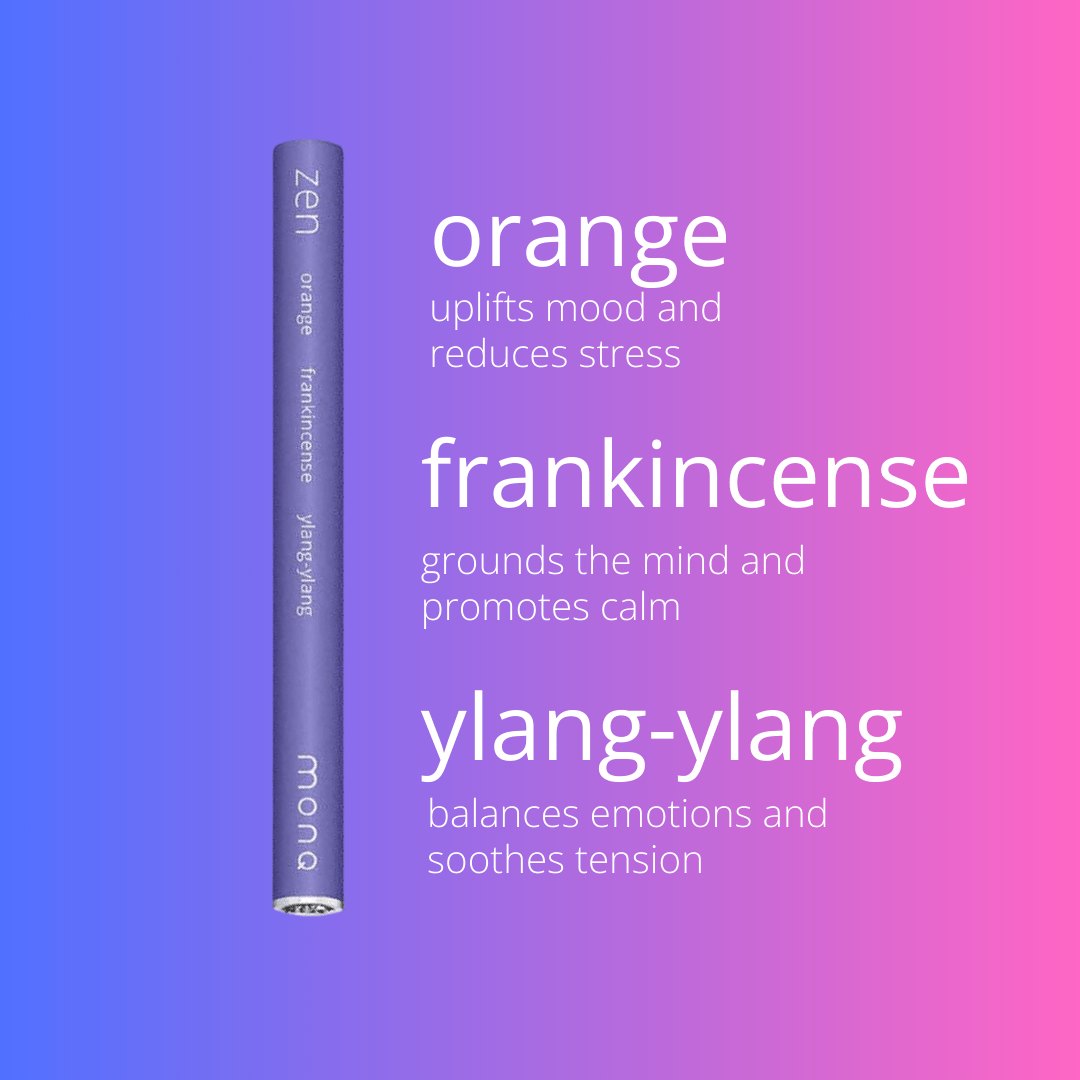
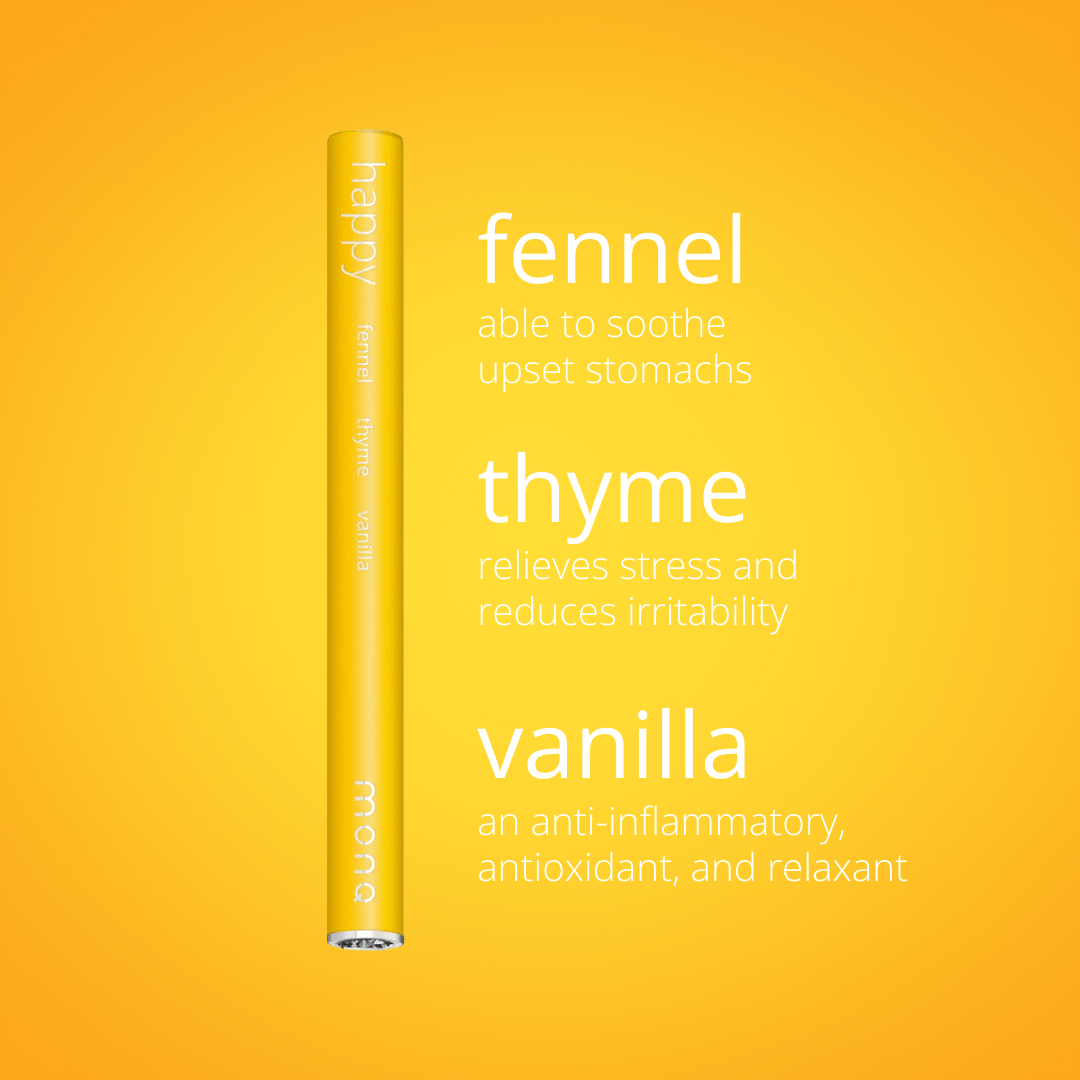
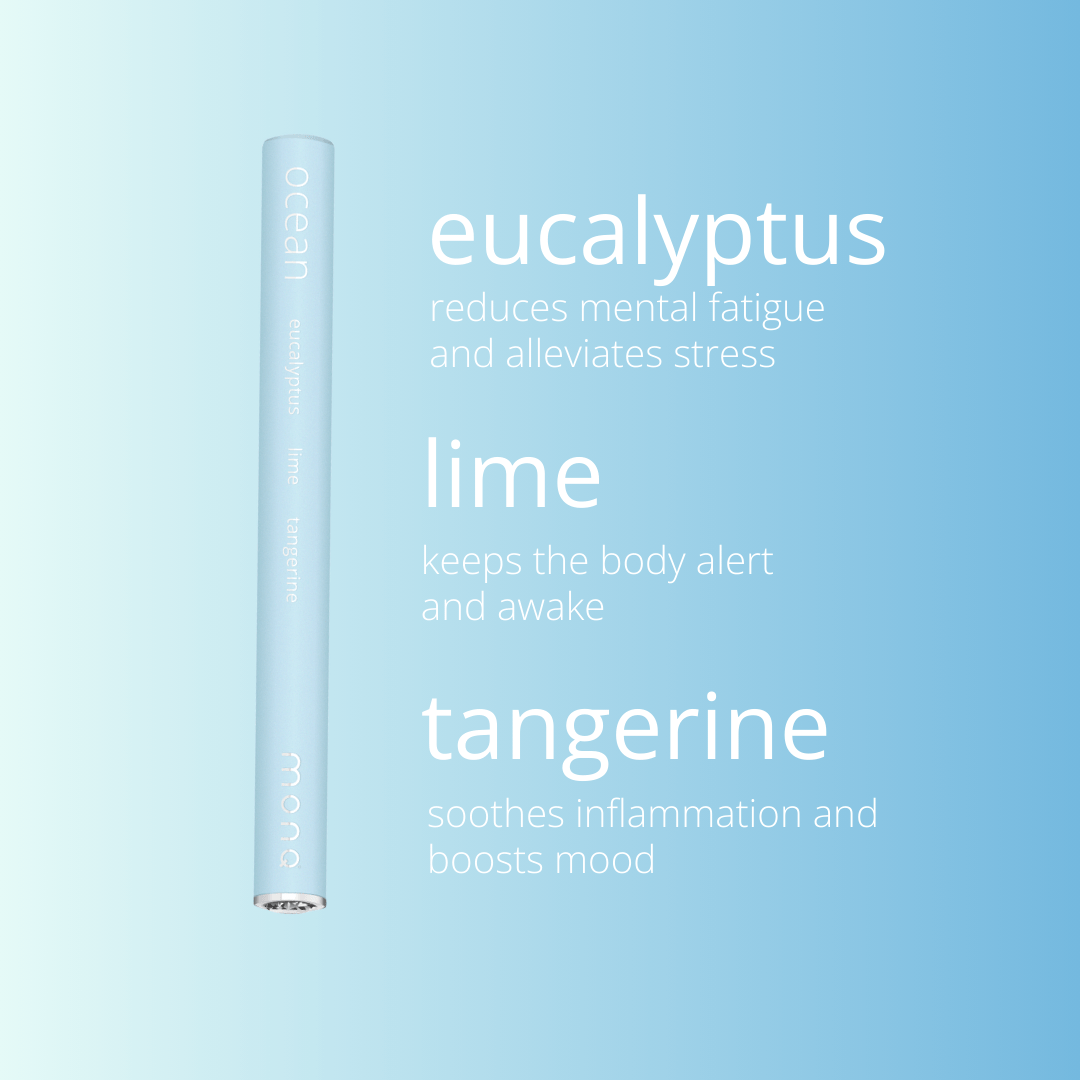
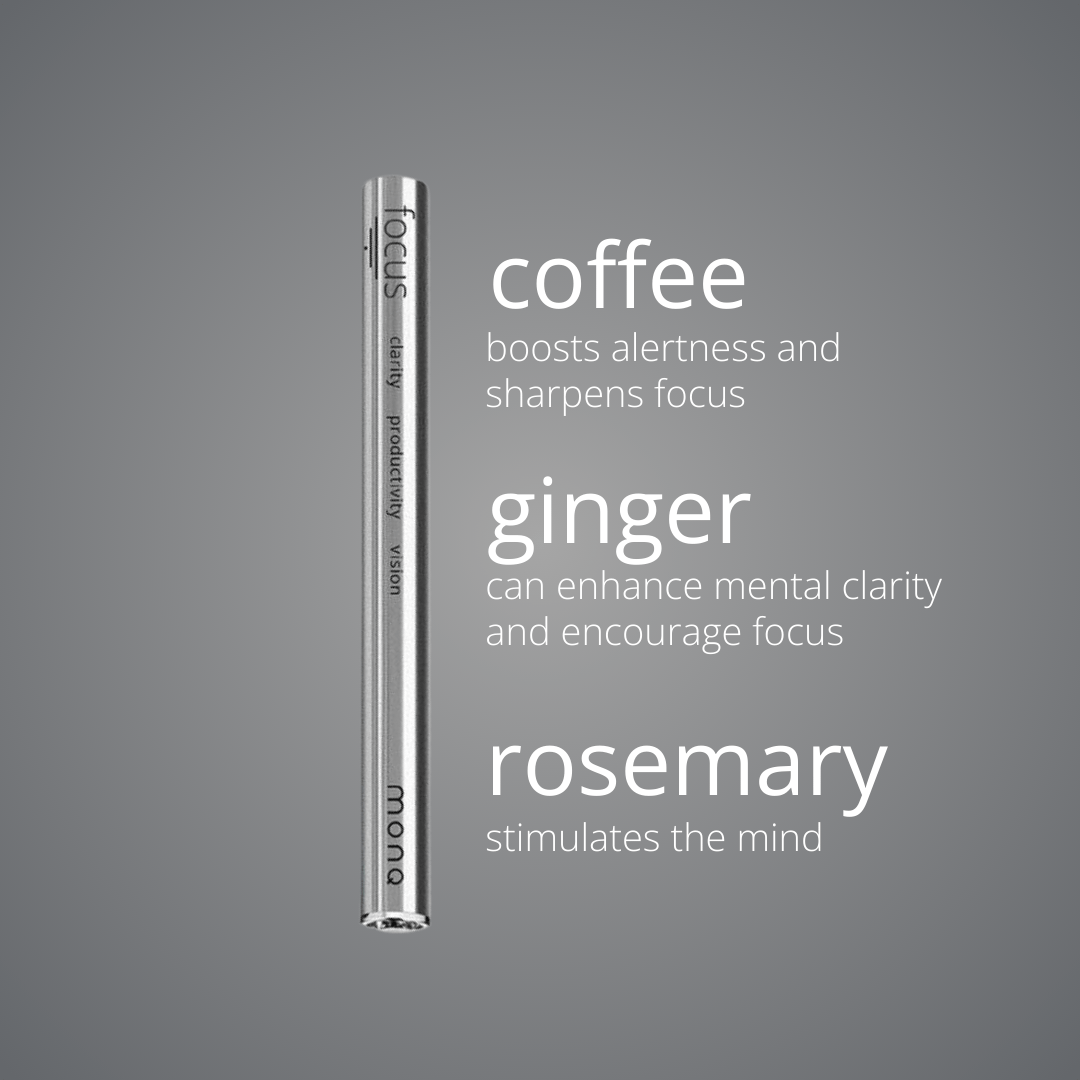
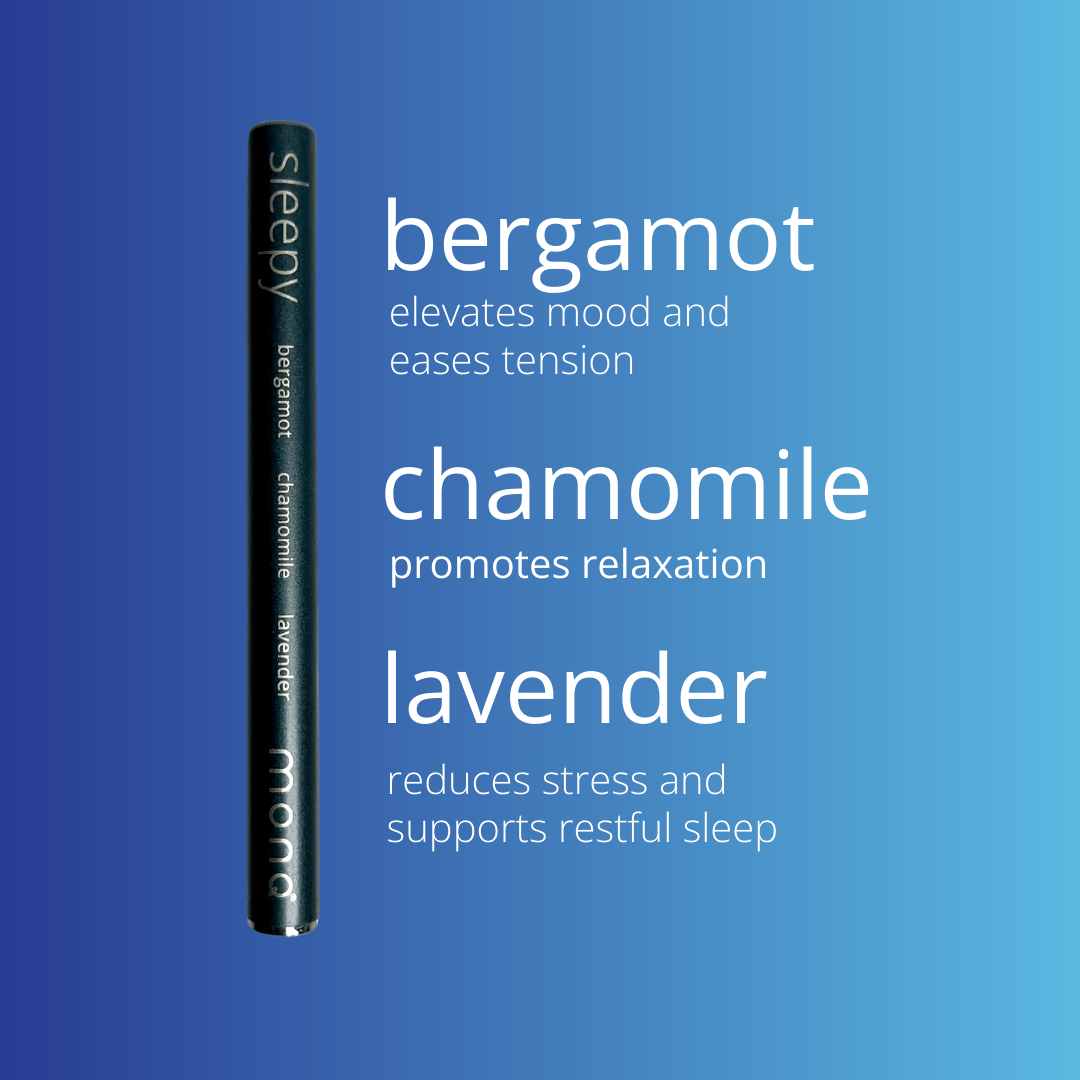

Leave a comment